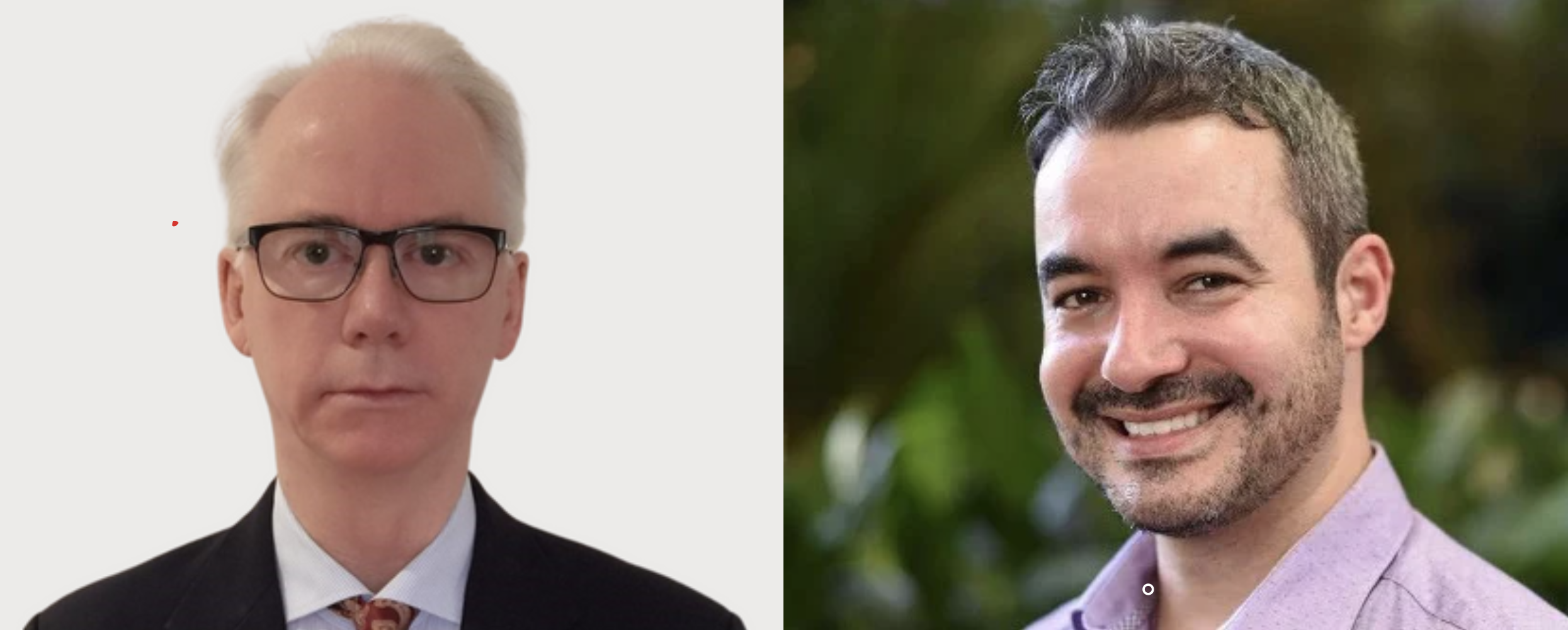Training Natural Killer cells for Immunotherapy for children, adolescent, and adults with sarcoma

Recipients: Associate Professor Fernando Guimaraes & Associate Professor Wayne Nicholls
Institute: The Fraser Institute – University of Queensland
The Kids' Cancer Project Funding: $100,000 March 2024 to September 2025
The Tie Dye Project: $100,000
Cooper Rice Brading Foundation: $50,000
Total Funding: $250,000
Osteosarcoma (OS), Ewing sarcoma (EWS), and rhabdomyosarcoma (RMS) are the most common sarcomas in children, adolescents, and young adults (AYA) however can occur at any age. Patients with metastatic, relapsed, or refractory sarcoma (i.e., high-risk sarcoma) have a dismal prognosis with less than 30% maintaining long-term survival. There has been no significant improvement in patient outcomes over the last 30 years with currently available therapies (surgery, radiation, and chemotherapy).
Natural killer (NK) cells are powerful immune cells that can kill cancer cells. They represent a small proportion of immune cells but are highly effective compared to other immune cells. It is the research teams vision that by expanding NK cells and/or developing CAR NK cells (against specific sarcoma antigens) as off-the-shelf products they will be able to cure more patients with high-risk sarcoma.
This funding will allow a scientist to conduct further pre-clinical research, scale up the NK scale production, safety testing required for human use of these cells, and to ensure pre-clinical and safety data are obtained to support the development of an early phase clinical trial.

